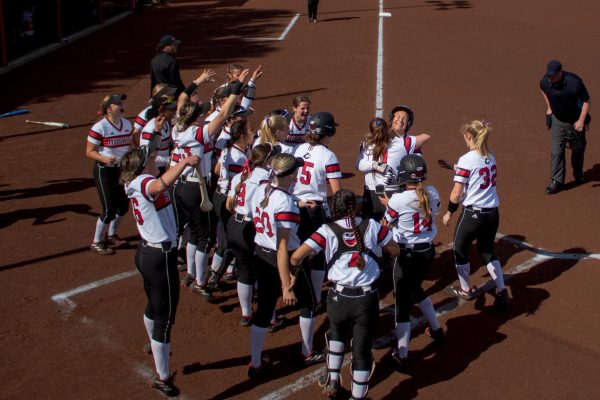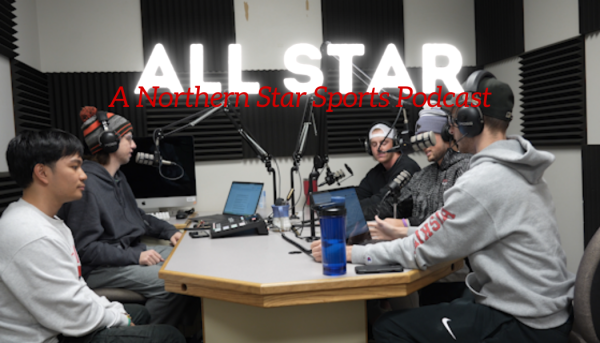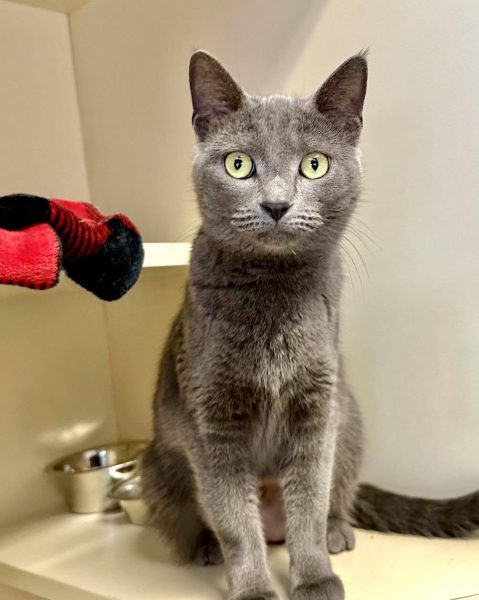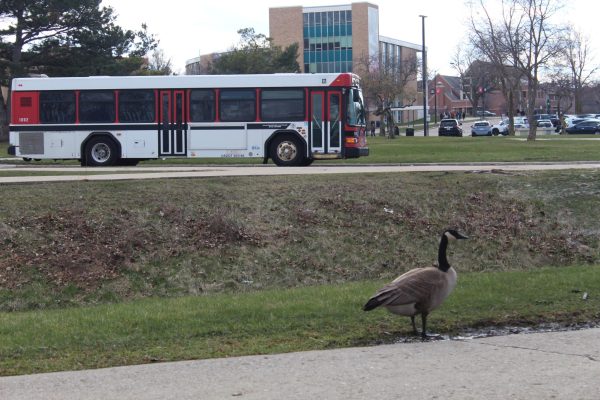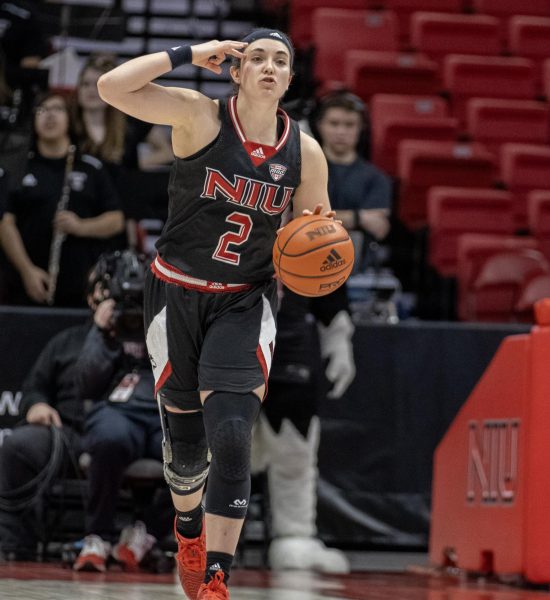Jump Into Jobs Pt. 2 – Let’s Play 20 Questions
April 22, 2012
Playing a game of 20 questions may be fun on a date, but during a job interview, one wrong question can make the difference between “we want you” and “we’re not interested.”
To calm those nerves, NIU professors and Career Services offer tips on how to prepare for a job interview.
Preparation
During the interview, applicants should make it obvious to the employer they have done their research ahead of time, said Brian J. Pillsbury, assistant director for team supervision for Career Services.
“Preparation is critical to a successful job interview,” Pillsbury said. “Applicants should know the position description inside and out, and they should research the company thoroughly.”
Applicants who are knowledgeable about a company or organization stand apart from other applicants by revealing a “savvy” personality and acting like someone eager to learn, said associate management Professor Terry Bishop.
According to the NIU Career Services website, “Employer research is the single most important step in preparing for any interview. Know about a company’s products or services, its markets, and its competitors. Have a pretty good idea about how the job for which you are applying would contribute to a company’s goals. If you don’t know about these things, you won’t interview well and you won’t get the job.”
Researching about a company and networking with other professionals prior to an interview is crucial, said Assistant Management Professor Mahesh Subramony.
In some occupations, networking is the primary way to get a job, Subramony said. Two ways students can network with other professionals is to join student organizations, especially professional organizations, and connect with friends who are alumni.
Many employers look up potential applicants online to get a sense of who they are and how they will fit in or represent a particular company, Subramony said. It is important to always maintain a positive and professional online presence, whether it be posting pictures on Facebook, creating a feed on Twitter or maintaining a website, Subramony said.
“It is very important that you carefully manage your online presence,” Subramony said. “It’s better to have no online presence than a negative online presence.”
When the day finally comes for the interview, dress professionally and in “business casual,” Bishop said.
“It’s always better to overdress the part than to dress too casually,” Bishop said.
Some jobs, especially in the arts, don’t expect any particular dress code in an interview, Bishop said. However, for the most part, men should wear a suit, tie and sport coat, and women should wear a suit as well, Bishop said.
“Studies show how you look makes a difference,” Bishop said. “Do whatever you can to put yourself in the appearance that is at least compatible with presenting a good business image.”
Also, avoid chewing gum and wearing heavy perfumes or colognes, Bishop said. Such a faux pas can leave a bad impression on the interviewer.
What employers look for
What impresses employers depends on the specific job, but generally two things really matter in job performance: intelligence and conscientiousness, Subramony said.
However, employers don’t just assess an applicant’s skills or job experience. Generally they are also looking for someone who is going to “fit in” with the organization, Subramony said. By researching a company and showing a genuine interest in the organization, applicants will set themselves apart and the employer is more likely to remember them. Also, if an applicant expresses an interest in having a career within the organization, not just another job, an employer is more likely to take notice, Subramony said.
What to Say
During an interview, applicants have to find the perfect balance of “selling themselves” without having an ego, Bishop said. If an applicant is too humble, however, they might not be able to emphasize their individual strengths.
“People want to hire people that possess some confidence to perform the job,” Bishop said.
Demonstrating a capacity to learn and an openness to guidance are some other characteristics many employers look for, Bishop said.
Applicants should also always be prepared with questions to ask based on the position description and research of the company, Pillsbury said.
“The worst responses to ‘Do you have any questions for us?’ are ‘No, not really’ and questions about salary and benefits,” Pillsbury said.
Showing interest in the actual job duties and about the company demonstrates to the employer the applicant is interested in the job, Pillsbury said. Also, if there is something confusing about the job, the interview is a great chance to address it.
What Not to Say
An interview is not the time to bring up religion, politics or other controversial topics, Subramony said.
“In general, try and steer clear of extremely personal topics,” Subramony said.
Applicants should also avoid giving strong opinions about issues that they don’t know much about, Subramony said.
Follow-up
After the interview is over, follow-up with the employer as soon as possible, Subramony said. Sending a thank you note in an email or a card can only help an applicant, Subramony said.
“A formal thank you card goes a long way because most applicants don’t do that anymore,” Subramony said.



